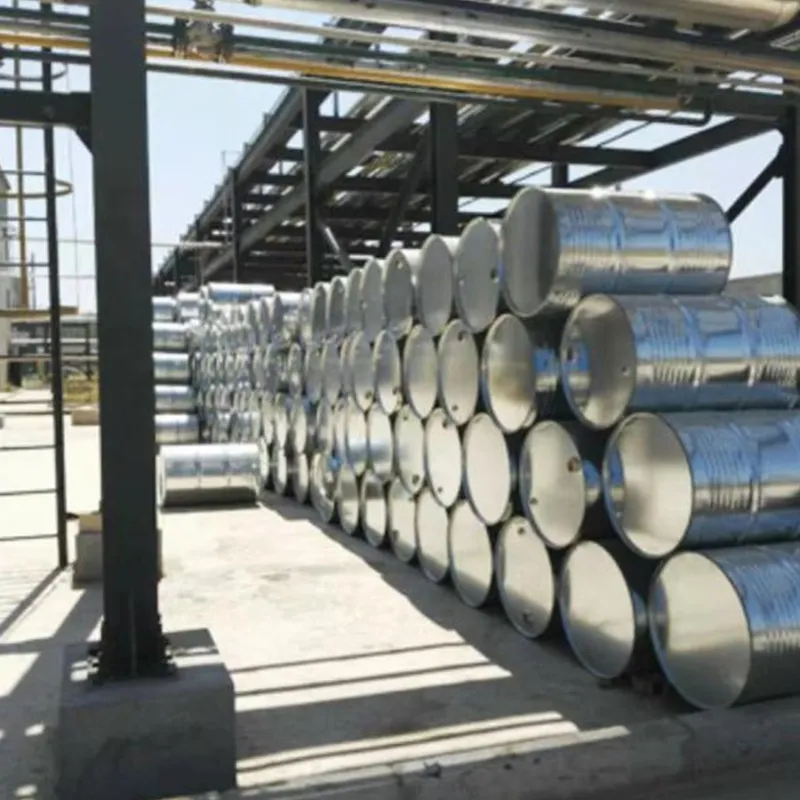
high nitrogen fertilizer
High Nitrogen Fertilizer Benefits and Considerations
High nitrogen fertilizers have become a cornerstone in modern agriculture, playing a vital role in enhancing crop yields and ensuring food security. These fertilizers are rich in nitrogen content, an essential macronutrient necessary for plant growth. Nitrogen is a primary component of amino acids, proteins, and chlorophyll, making it crucial for various physiological processes within plants. However, while high nitrogen fertilizers offer significant advantages, their use also presents challenges that must be carefully managed.
One of the primary benefits of high nitrogen fertilizers is their ability to stimulate vegetative growth. Crops such as corn, wheat, and rice can significantly benefit from increased nitrogen levels, leading to higher biomass production and improved yields. The quick availability of nitrogen from synthetic fertilizers means that farmers can achieve rapid growth responses in their crops, which is particularly vital in regions with short growing seasons or where crop failure could lead to food shortages.
Moreover, high nitrogen fertilizers can enhance the nutritional value of crops. For instance, nitrogen-rich fertilizers can improve the protein content in cereal grains and legumes, contributing to better human nutrition. This aspect is especially important in developing countries where dietary deficiencies are prevalent, and improved crop quality can positively impact public health.
high nitrogen fertilizer

However, the use of high nitrogen fertilizers is not without its drawbacks. One of the most pressing concerns is environmental pollution. Excessive application of nitrogen fertilizers can lead to runoff, resulting in nutrient loading in water bodies. This phenomenon can cause eutrophication, leading to algal blooms that deplete oxygen in the water and harm aquatic ecosystems. Furthermore, nitrogen that is not utilized by plants can be converted into greenhouse gases, particularly nitrous oxide, which contributes to climate change.
Additionally, the reliance on high nitrogen fertilizers can lead to soil degradation over time. Continuous application without proper soil management practices can disrupt the natural nutrient balance and harm beneficial soil microorganisms. This degradation can decrease soil fertility in the long term, creating a cycle of dependency on chemical inputs.
To mitigate these issues, it is essential for farmers to adopt best practices in fertilizer application. Precision agriculture techniques can help optimize the timing and amount of nitrogen applied, reducing waste and environmental impact. Incorporating cover crops and utilizing organic fertilizers can also contribute to a more sustainable nitrogen management strategy, enriching the soil while minimizing chemical inputs.
In conclusion, high nitrogen fertilizers are a valuable tool in agricultural production, offering enhanced growth and improved yields. However, their use must be balanced with environmental considerations and sustainable practices to ensure that the benefits of these fertilizers do not come at the expense of ecological health. Educated and responsible use of nitrogen fertilizers can help achieve both agricultural productivity and environmental sustainability, paving the way for a more secure food future.
-
Sodium Dichloroisocyanurate Safety Handling ProtocolsNewsJul.29,2025
-
Mining Chemicals for Copper Extraction Processes GuideNewsJul.29,2025
-
Fertilizer for Sale Shipping and Storage TipsNewsJul.29,2025
-
Dimethyl Disulfide as Sulfurizing AgentNewsJul.29,2025
-
Benzotriazole Safety Data Handling and Storage GuidelinesNewsJul.29,2025
-
Ammonium Bicarbonate Safety Handling Storage GuidelinesNewsJul.29,2025
-
The Transformative Role Of Trichloroisocyanuric Acid in Water TreatmentNewsJul.23,2025
Hebei Tenger Chemical Technology Co., Ltd. focuses on the chemical industry and is committed to the export service of chemical raw materials.
-

view more DiethanolisopropanolamineIn the ever-growing field of chemical solutions, diethanolisopropanolamine (DEIPA) stands out as a versatile and important compound. Due to its unique chemical structure and properties, DEIPA is of interest to various industries including construction, personal care, and agriculture. -

view more TriisopropanolamineTriisopropanolamine (TIPA) alkanol amine substance, is a kind of alcohol amine compound with amino and alcohol hydroxyl, and because of its molecules contains both amino and hydroxyl. -

view more Tetramethyl Thiuram DisulfideTetramethyl thiuram disulfide, also known as TMTD, is a white to light-yellow powder with a distinct sulfur-like odor. It is soluble in organic solvents such as benzene, acetone, and ethyl acetate, making it highly versatile for use in different formulations. TMTD is known for its excellent vulcanization acceleration properties, which makes it a key ingredient in the production of rubber products. Additionally, it acts as an effective fungicide and bactericide, making it valuable in agricultural applications. Its high purity and stability ensure consistent performance, making it a preferred choice for manufacturers across various industries.











